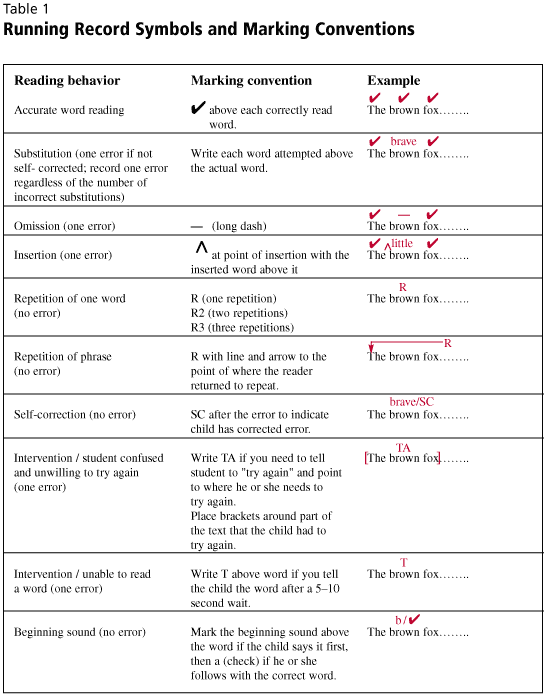Welcome to my first blog at Millersville University! In this blog post I will share my story on why I wanted to become a lifelong learner for young children.
It all started when I started to attend elementary school. After school, I would usually want to play teacher because I enjoyed elementary school a lot. I always knew I wanted to be a teacher when I would make my sister and all my neighborhood friends play teacher with me. I was a little bossy when I was younger and I had to be the teacher every time we played. I would teach my friends lessons, give them tests and homework, grade their assignments and even assign them to classroom jobs.
During my first grade academic year, I remember doing a numerous amount of reading assessments with my first grade teacher, like a running record. My first grade teacher took notice of me struggling in reading and other literacy skills.

My first grade teacher recommended to my parents that I should take summer reading classes to promote my literacy skills and help me be better prepared for second grade. I remember feeling upset and frustrated that I needed to go to these classes over the summer and couldn’t play with my neighborhood friends. I remember feeling like I wasn’t smart or good enough because I needed to put in more time and work into school than my friends.
Until one day I started to feel relief and grateful. As much as I dreaded going to reading classes over the summer, I do have to say it was beneficial for me and really did help prepare me for second grade. I started not to care if I took longer than my friends when it came to completing assignments, I started to improve my literacy skills when taking my time and believing in myself.
Therefore, I want to create an inclusive classroom where all students can achieve their goals in whatever learning style works for them and get students eager to learn. I don’t want any of my students to ever feel not smart or good enough because I remember the feeling and each and every child as the potential to achieve their goals.
The educational philosopher’s I admire the most is Lev Vygotsky and Abraham Maslow.
Vygotsky theory on zone of proximal development is important to know when trying to develop an inclusive classroom because there has been times where students are presented with information that is too hard or too easy for students and then they lose interest or behaviorally act out.
Maslow’s hierarchy of needs is also important when trying to have students achieve their goals. If children are hungry, tired, scared or don’t have their needs met, they will not learn. Having a school district provide breakfast and lunch for students is important and beneficial in my opinion. If I worked in a school district that couldn’t provide that, I would make sure to have snacks, extra clothes and other essentials that the students may need.

My professor and peers are teaching me about the why and how of early childhood. I have received field experiences since I started here freshman year and it is beneficial for my peers and I to practice teaching strategies in our placements and receive that experience working along students and teachers. Suggesting ideas and learning new information is always beneficial.
As I continue this path as a lifelong learner, I will continue to learn and grow. Education is constantly growing and changing and it’s my job to keep up with it. I want to be that teacher that helps my students learn, grow and achieve their goals. I want my students to develop a love for learning, like I did.